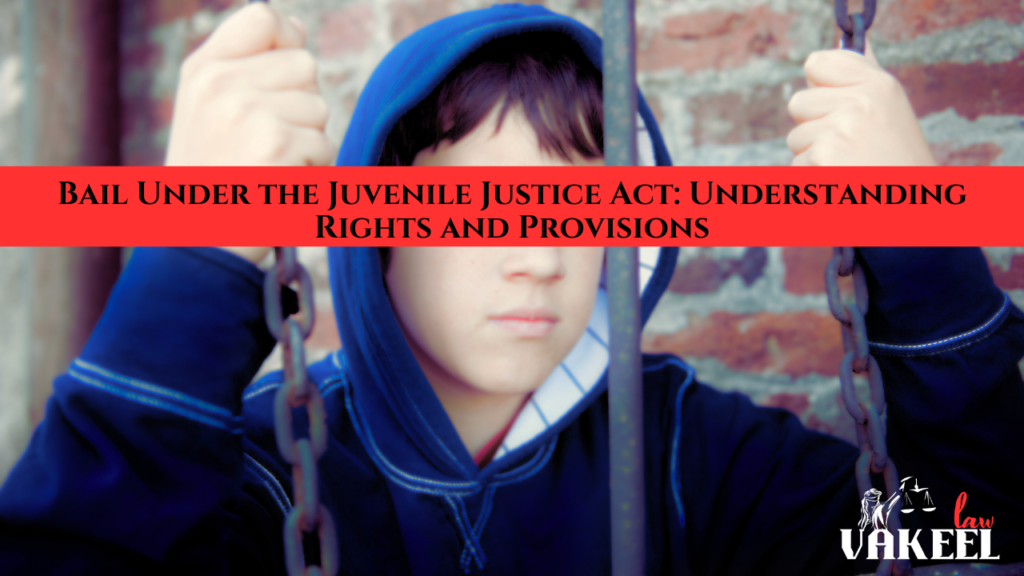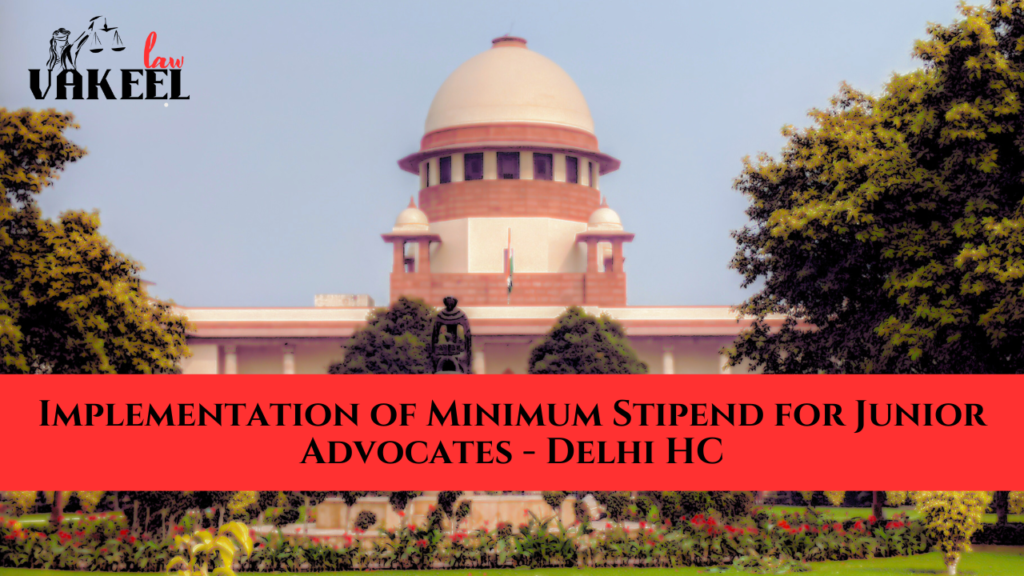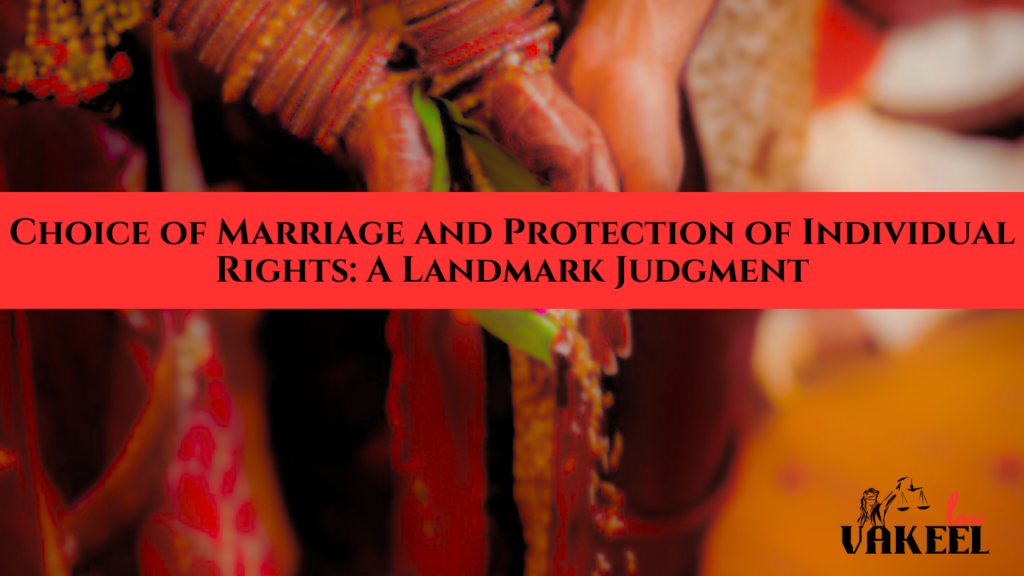The Juvenile Justice (Care and Protection of Children) Act, 2015, is crucial in protecting the rights of juveniles who are in conflict with the law. This article will delve into the act’s bail provisions, the role of the Juvenile Justice Board (JJB), and Supreme Court guidelines, shedding light on how juveniles are protected and rehabilitated under this legislation.
Overview of the Juvenile Justice Act
The Juvenile Justice Act, 2015, focuses on:
- The care, protection, treatment, and rehabilitation of juveniles.
- Ensuring children are treated with justice, dignity, and reformation.
- Protecting juveniles from becoming repeat offenders.
Who Qualifies as a Juvenile?
A juvenile, as defined by the act, is any individual under 18 years of age. The act also classifies children in conflict with the law as those who have committed an offense before reaching adulthood.
Bail Provisions under the Act
The act mandates that juveniles should be granted bail unless specific exceptions apply, as stated in Section 12:
- Automatic Bail Rights: Juveniles must be released on bail, with or without surety, unless there are reasonable grounds to believe that releasing them could endanger their well-being or lead them into criminal associations.
- Board’s Decision: If bail is denied, the Juvenile Justice Board must document its reasons.
- Observation Home: When bail is denied, the juvenile is placed in an observation home, awaiting further decisions from the board.
Eligibility for Bail
Refer to this document:
Juveniles are generally eligible for bail unless:
- The crime is punishable with life imprisonment or death.
- They have prior serious offenses.
- The conditions may put them in danger or associate them with known criminals.
Conditions for Bail
The JJB may impose specific conditions, such as:
- A surety or bond.
- Regular attendance at school or vocational training.
- Periodic meetings with a probation officer.
Role of the Juvenile Justice Board (JJB)
The JJB plays a significant role in protecting the rights of juveniles, focusing on reformation and rehabilitation rather than punishment. Key responsibilities of the JJB include:
- Deciding on Bail: The JJB assesses whether to release juveniles on bail or transfer them to rehabilitation centers.
- Recording Decisions: The JJB must document reasons for denying bail.
- Assessment of Offenders Over 16: If a juvenile over 16 is involved in a severe offense, the JJB evaluates their mental capacity and understanding to decide if they should be tried as adults.
- Modifying Bail Conditions: If juveniles cannot meet bail conditions within seven days, they must return to the JJB for modification.
Supreme Court Guidelines for Juvenile Bail
The Supreme Court has issued clear guidelines to ensure that juveniles are not unjustly detained:
- Mandatory Bail Release: Juveniles must be released on bail unless specific criteria are met.
- Applicability of Proviso to Section 12: Bail may only be denied if there is a risk of harm to the juvenile or a possibility of associating with known criminals.
- Recording Reasons: Detailed reasons must be provided when denying bail.
- Adult Trials for Serious Offenses: For juveniles over 16 who commit serious crimes, the JJB assesses if they should be tried as adults, though reformation remains a priority.
Conclusion
The Juvenile Justice Act underscores the importance of treating juveniles differently from adults, emphasizing rehabilitation over punishment. Through bail provisions, the act upholds the rights of juveniles, supporting their development and reintegration into society.
By enhancing resources, awareness, and community engagement, the act aims to provide a comprehensive approach to juvenile justice, fostering a safe and supportive environment for children in conflict with the law.




